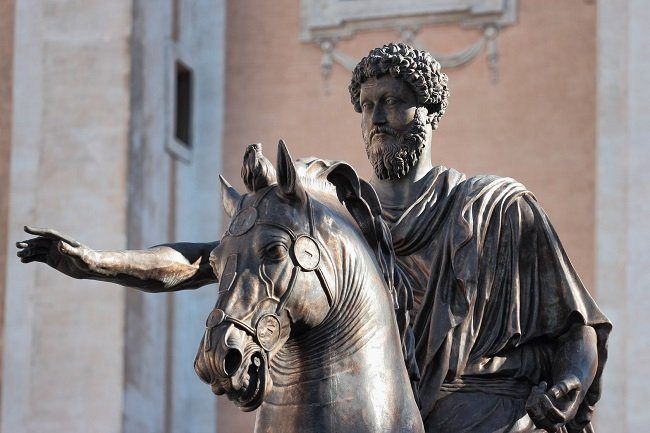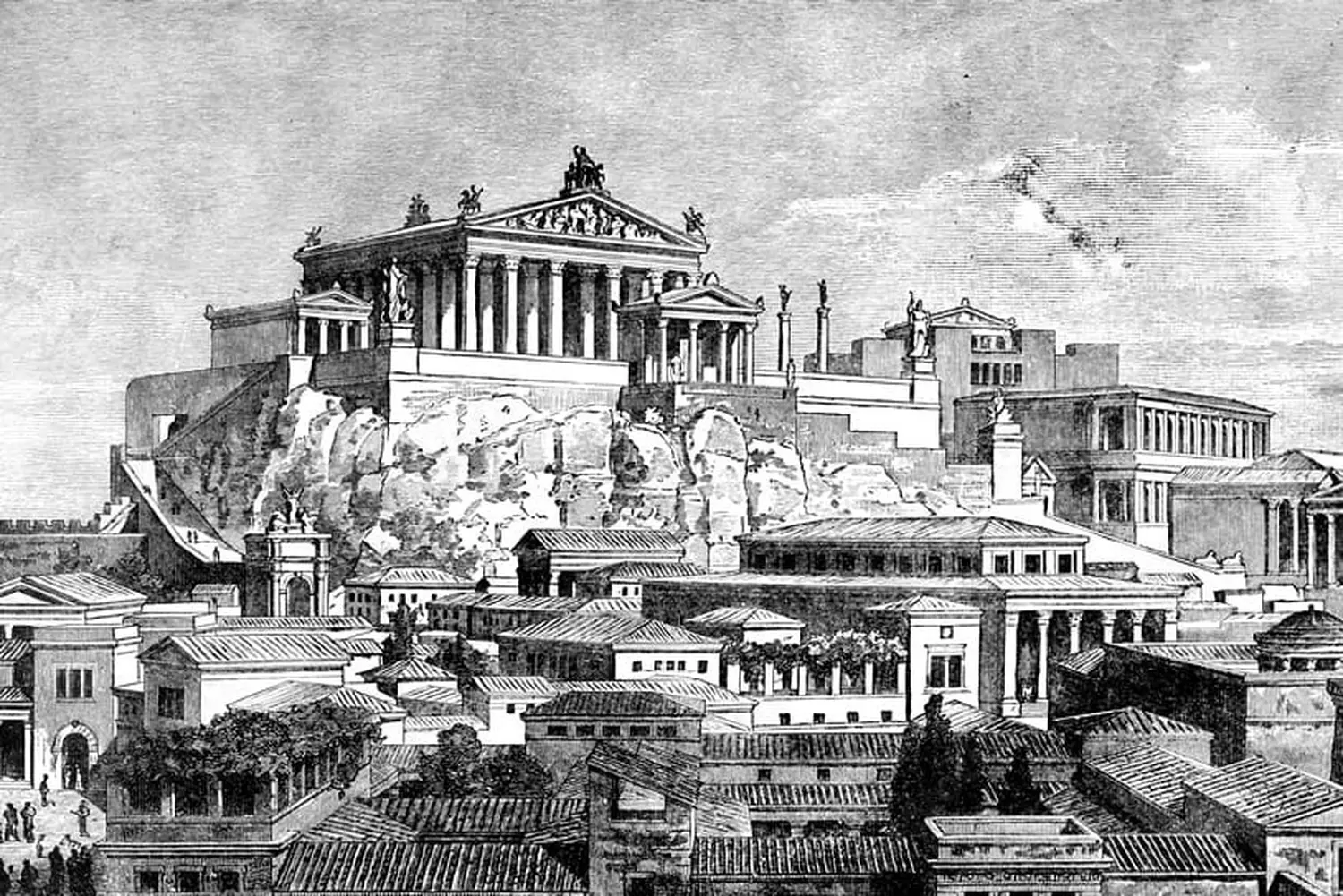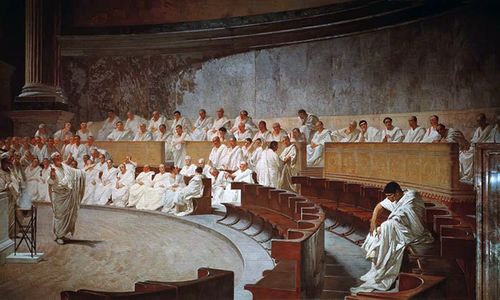
The Emperor
Marcus Aurelius, Roman emperor of the 2nd century, is famous for his 'Meditations,' a philosophical reflection. His reign is marked by Stoic wisdom and the pursuit of virtue. His book serves as a guide for leading a happy and serene life. Nowadays, many people apply his advice and his philosophy.
The Context of the Quote
"Gladiator" plunges us into ancient Rome, where Emperor Marcus Aurelius seeks to leave a lasting legacy to Rome. Before his death, he designates Maximus as his ideal successor, hoping that this virtuous general will restore the Roman Republic by ending the tyrannical rule of the emperors.

The Profound Meaning
The quote 'Marcus Aurelius had a dream, that dream was called Rome' reveals the essence of the emperor's vision for Rome. Marcus Aurelius aspired to a government where power would not be concentrated in the hands of one man, but where the city would be governed by laws and democratic institutions. This dream stood in contrast to the tyrannical ambitions of his son, Commodus, who sought to maintain absolute power.
Cultural Impact
The power of this quote lies in its ability to capture the universal aspirations of freedom, justice, and democracy. It reminds us that integrity, virtue, and sacrifice for a cause greater than oneself are timeless values. 'Gladiator' has contributed to popularizing these ideals while providing an epic vision of ancient Rome.

The Timeless Quote
The quote transcends mere cinematic dialogue. It embodies the struggle between tyranny and virtue, between absolute power and the desire for freedom and justice. This quote has left an indelible mark on the history of cinema, reminding us that the pursuit of a noble ideal can be a powerful driving force, even in the midst of the bloodiest battles and darkest betrayals. It continues to inspire and remind audiences worldwide that the dream of a better world is an eternal aspiration that transcends eras and cultures.